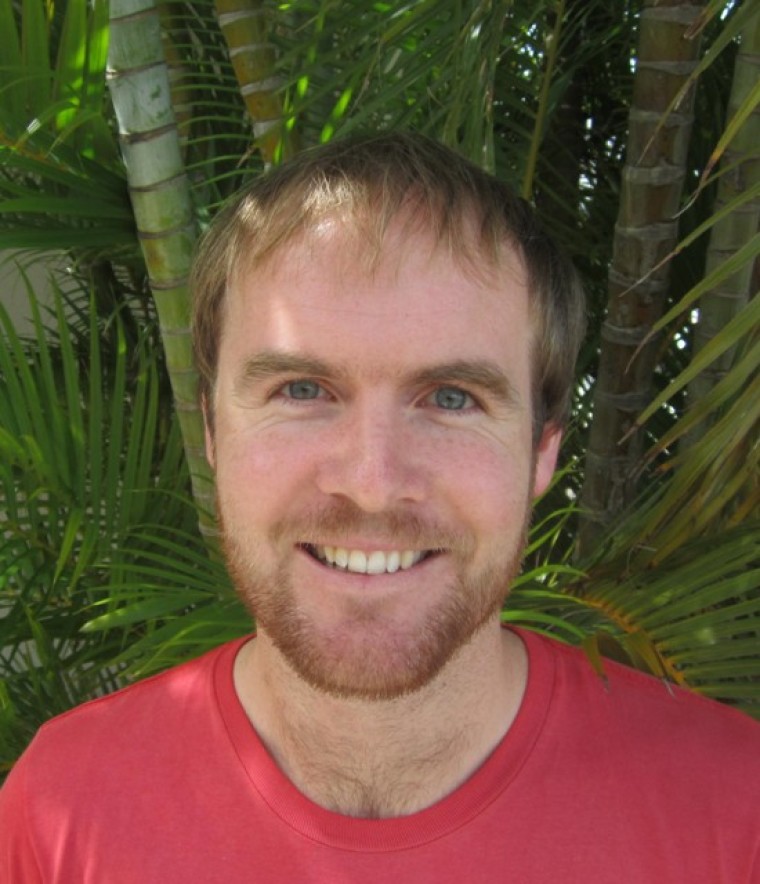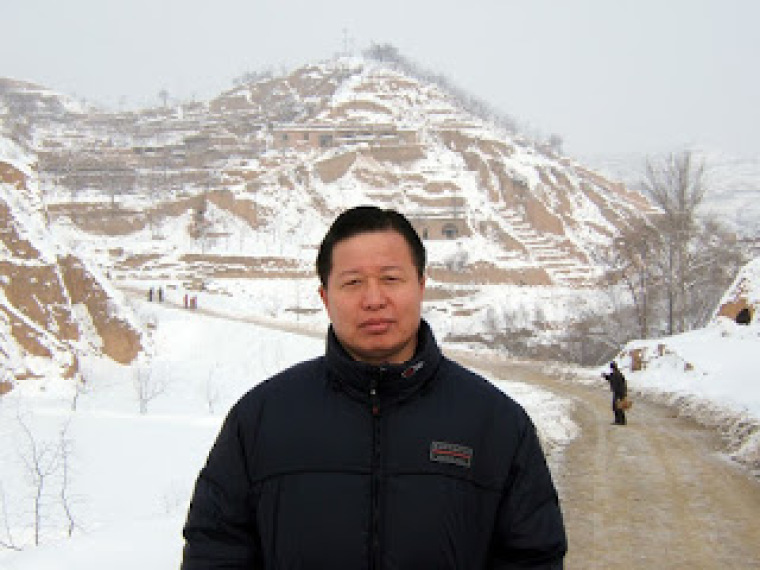

For the past year, I have had the joy of being able to explore the field of creativity and leadership. This journey has taken me from the realms of neuroscience and psychology to businesses and artists, as I have sought to understand more about the nature of idea creation.
Amidst the diverse range of findings, one trait of innovative leaders particularly resonated with me. The individuals who were most skilled at discovering new possibilities adopted the posture of a 'Focused Wanderer'—fixed on the problem at hand, but willing to open their eyes to new concepts and wander into unusual spaces to find solutions.
Perhaps one of the most illustrative stories of this is the tale of Bill Bowerman, a famous running coach from Oregon. After the University of Oregon changed their running track to an artificial surface in the 1960s, Bowerman was fixated on the problem of running shoes and traction. The old shoes, with sharp spikes to grip the grass, were useless on the harder composite track. As he coached, he remained focused on improving the footwear of his pupils, to help them improve their running times.
This focus did not just remain on the track, however. He allowed his querying mind to wander into a wide range of areas, searching for any idea that would give his athletes an edge. One morning, as he sat down to have waffles for breakfast, he saw the griddle pattern—and his mind clicked! With his wife watching on open-eyed, Bowerman ran to his lab, grabbed some urethane and poured it into the still-hot waffle iron.
The resulting product was the 1974 Nike Waffle Trainer, a shoe that launched Nike's success and also re-built the modern runner. Forged from a waffle iron inspiration, the new shoe was lighter than its predecessors, as well as providing much more traction. The driving focus of Bowerman, coupled with his wandering mind, allowed a revolution in the world of running.
The Priest in the Pub
As I explored this idea of the Focused Wanderer, I couldn't help but wonder at the similarities this approach has to the life of Jesus. Even a surface glance at the gospels reveals an undeniably clear purpose to Jesus' life, with his strong resolution to proclaim the Kingdom of God and embody the role of the Messiah, living the life and story of Israel into fulfillment. This was a driving focus for Jesus, and one with no match in all of human history.
But yet, Jesus wandered and appeared to meander at times. We would expect this focus to involve strategic decisions, high-flying meetings, dramatic proclamations and symbol-rich campaigns. Jesus bucked the trend and lived out his focus in unusual places. The narratives of Jesus are full of dusty road-side encounters, discoveries on the side of mountains and in the middle of lakes, dramatic Kingdom-moments in pubs, mansions, urban canters and village markets.
Jesus' followers, it would seem, could only see the importance of the focus. They are continually urging Jesus forward, attempting to brush away distractions and re-direct his wandering towards more productive means. Yet, Jesus calls them out—telling them to let the children to come to him. He urges them to stop restricting the blind from meeting him. He delays his travel plans to have lunch with a tax-collector with short-man syndrome. For Jesus, the Kingdom is to be found in all of these wandering, serendipitous moments—as his focus was making these encounters come alive.
Too Focused to Wander?
The past twenty years or so has seen the Church borrowing heavily from business management practices, in order to run more productive organisations. One of the key principles churches have adopted is defining their focus or purpose—a move that appears to be helpful for a lot of faith communities.
There is a danger, however, in adopting a single-minded focus without pairing it with the creative freedom of wandering, to see how this can be lived out in a wealth of different scenarios. Without an inquisitive, free-to-wander posture, churches are in danger of becoming so focused they turn people into numbers, relationships into ministries, and prayer into strategy.
I remember one day, back when I was a Youth Pastor, when I awoke with a passion to be highly focused. I had a busy schedule ahead, and wanted to maximise my productivity with scheduling, time-budgeting and remaining focus. Arriving into my office, I shut the door and promptly began to prepare a Bible study on love and service to deliver that night. Almost as soon as I had begun writing, my phone buzzed.
Glancing down, I saw it was from one of the members of our youth community, simply asking, "Hey, can we catch up this morning?" I can still remember the feeling—a strong desire to turn down this person, given my demanding day and the focus I was craving. I had to write a study on love and service—I didn't have time to practise it! But somewhere in the quiet of my soul, a whisper from God told me to put aside my focus on productivity, and focus instead on love. I text back, and the young guy came around a few minutes later.
As he walked in the door, his opening words hit me between the eyes. "My dad died last night". In a rush, I recognised how close I had come to turning this grieving person away. My stated focus on love and service had almost stopped me from practicing love.
Following the Mystery
So, I am slowly learning to follow Jesus with a Focused Wandering. I try to fix my eyes on him and see where he will lead, but also understand that he may lead me to places that feel besides-the-point. Yet, it is often in these places where we discover the Kingdom of God, the places where emotion, memory, transformation and creativity are born.
In this posture, all we encounter—whether rich or poor, employed or homeless—have a richness to their lives, a movement to their story and a potential that we can't shake off. There are no mere mortals here, and no places where we might encounter grace and love; just one who guides us in a waffle-inspired wandering, to the new and unknown.
Jeremy is a student and Innovation Consultant (www.creativate.co.nz) who misses the waffles of America and the voice of Richie Benaud.
Jeremy Suisted previous articles may be viewed at www.pressserviceinternational.org/jeremy-suisted.html